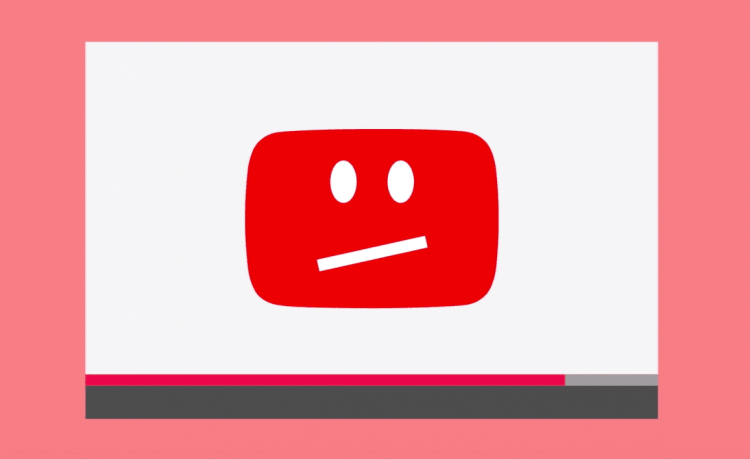
Content creation has become an important component of our
lives in the digital age. YouTube is one of the platforms that has made this
feasible. However, as a YouTube content creator, you may have come across or
heard of YouTube copyright allegations. Understanding these assertions and how
to respond to them is critical for everyone who wants to develop and distribute
material on this platform.
Copyright claims on YouTube are accusations made by
individuals or organisations that own the rights to a specific piece of content
that a YouTube user has exploited their property without authorization.
These allegations are typically made using YouTube's Content
ID system, which examines uploaded videos for any material that matches content
held by other businesses. A copyright claim is automatically issued if a match
is detected.
It is critical to understand that copyright claims are not
always negative. They are part of YouTube's attempt to respect and preserve
content owners' rights. They can, however, have an impact on your video and
channel.
A copyright claim, for example, can result in your video
being removed or monetization being redirected to the claimant. In rare
situations, it can even result in a copyright strike, which might limit
specific functionality on your channel or, in extreme cases, result in the
closure of your channel.
So, how do you handle copyright allegations on YouTube? The
first step is to investigate the claim. YouTube gives comprehensive information
on the claimed content, such as what it is and who claimed it. This information
can assist you in comprehending why the claim was made.
You can contest the claim if you believe it was made in
error. This procedure entails completing a form in which you explain why you
believe the claim is invalid. Perhaps you have permission to use the content,
or you believe your use falls within the scope of fair use. False disagreements
might result in penalties, so it's critical to be honest and detailed in your
dispute.
If the claim is valid, you have the option of doing nothing.
The claimant may choose to monetize, track, or, in some situations, remove your
video. Alternatively, you can use YouTube's editing tools to remove or replace
the claimed content. When the content is deleted, the claim is usually
released, and your video is no longer impacted.
Finally, YouTube copyright claims are part of the platform's
attempts to respect content owners' rights. Understanding these accusations and
how to respond to them is critical for content creators. There are ways to
manage this system while still creating and sharing content, whether by arguing
bogus claims or eliminating claimed content.
Remember that the best method to avoid copyright accusations
is to use original content or content that you own. Understanding and adhering
to copyright laws not only helps you avoid claims, but it also contributes to a
more equitable and creative online community.